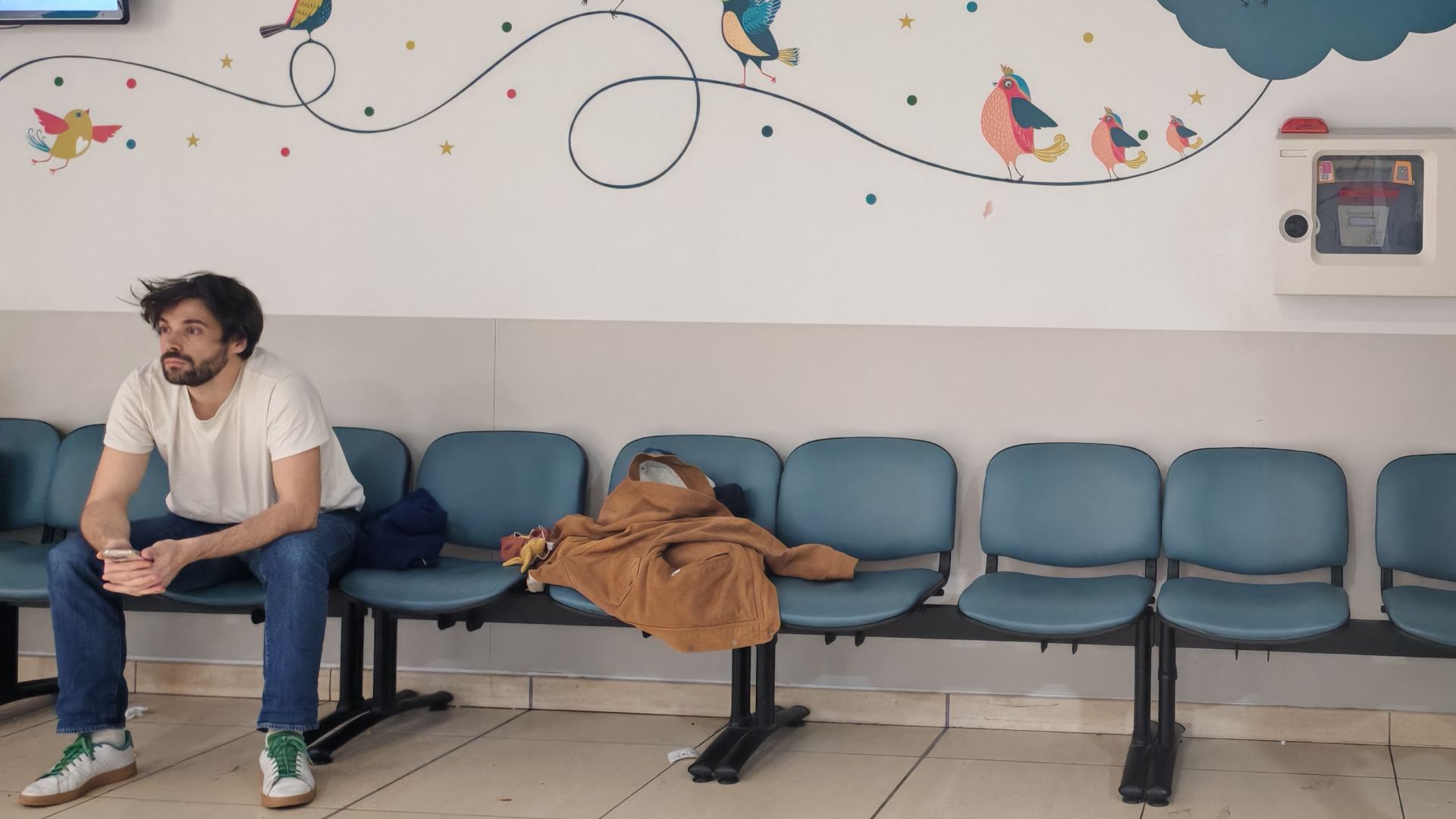People living with HIV/AIDS face the looming threat of federal funding cuts to critical programs—including Medicaid, the Ryan White HIV/AIDS Program, the Centers for Disease Control and Prevention (CDC), and Housing Opportunities for Persons with AIDS (HOPWA)—are worried that their health and stability are at risk.
On Tuesday, April 29, the AIDS Funding Collaborative (AFC) hosted a community briefing that brought together HIV/AIDS professionals, community members, advocates, and other stakeholders. The event focused on the current landscape of HIV prevention and care services in Cuyahoga County, along with the public funding streams that support this vital work.
For more coverage, read Stephen Langel’s report for Ideastream: Cuyahoga County HIV/AIDS activists prepare for potential Medicaid cuts
HIV/AIDS is still an epidemic, particularly challenging in Cuyahoga County
Many people in our community do not realize that HIV/AIDS is still an epidemic. Cuyahoga County is among the hardest-hit communities in the country, with over 6,000 residents currently living with HIV. Managing HIV requires daily medication, and even brief disruptions in care can have serious health consequences.
The epidemic does not affect everyone equally. Black and brown communities, LGBTQ+ individuals, youth, and people who use drugs experience the highest rates of HIV. These groups are also more likely to face barriers such as stigma, discrimination, poverty, food insecurity, housing instability, and limited access to affordable healthcare—factors that increase vulnerability to HIV transmission and hinder access to consistent care.
Now is not the time to reduce support for HIV programs.
Ending the HIV Epidemic demands aggressive local benchmarks
In 2019, the Trump administration launched the Ending the HIV Epidemic in the U.S. (EHE) Initiative with the goal of reducing new HIV infections by 90% by 2030. As this effort continues, now is not the time to reduce support for HIV programs. Locally, Cuyahoga County must reduce new HIV transmissions to fewer than 20 cases annually by 2030 to meet this national goal.
The AIDS Funding Collaborative was established more than 30 years ago following a recommendation from the Citizen’s Committee on HIV/AIDS to create a coordinated system for distributing local funds. Today, AFC continues to lead as a public-private partnership dedicated to strengthening the community’s response through coordination, advocacy, and funding.
The AFC’s funding partners are: The Alcohol, Drug Addiction, and Mental Health Services (ADAMHS) Board of Cuyahoga County, The City of Cleveland, The Cleveland Foundation, Cuyahoga County, The George Gund Foundation, and Mt. Sinai Health Foundation. The Center for Community Solutions is the fiscal home of the AFC.
Proven solutions exist—and federal HIV funding makes them possible. Rolling back that support not only undermines public health progress but increases long-term healthcare costs.
By coming together, we can protect this funding, safeguard the health of people living with HIV, and achieve Cuyahoga County’s goal of ending the HIV epidemic.







.png)
